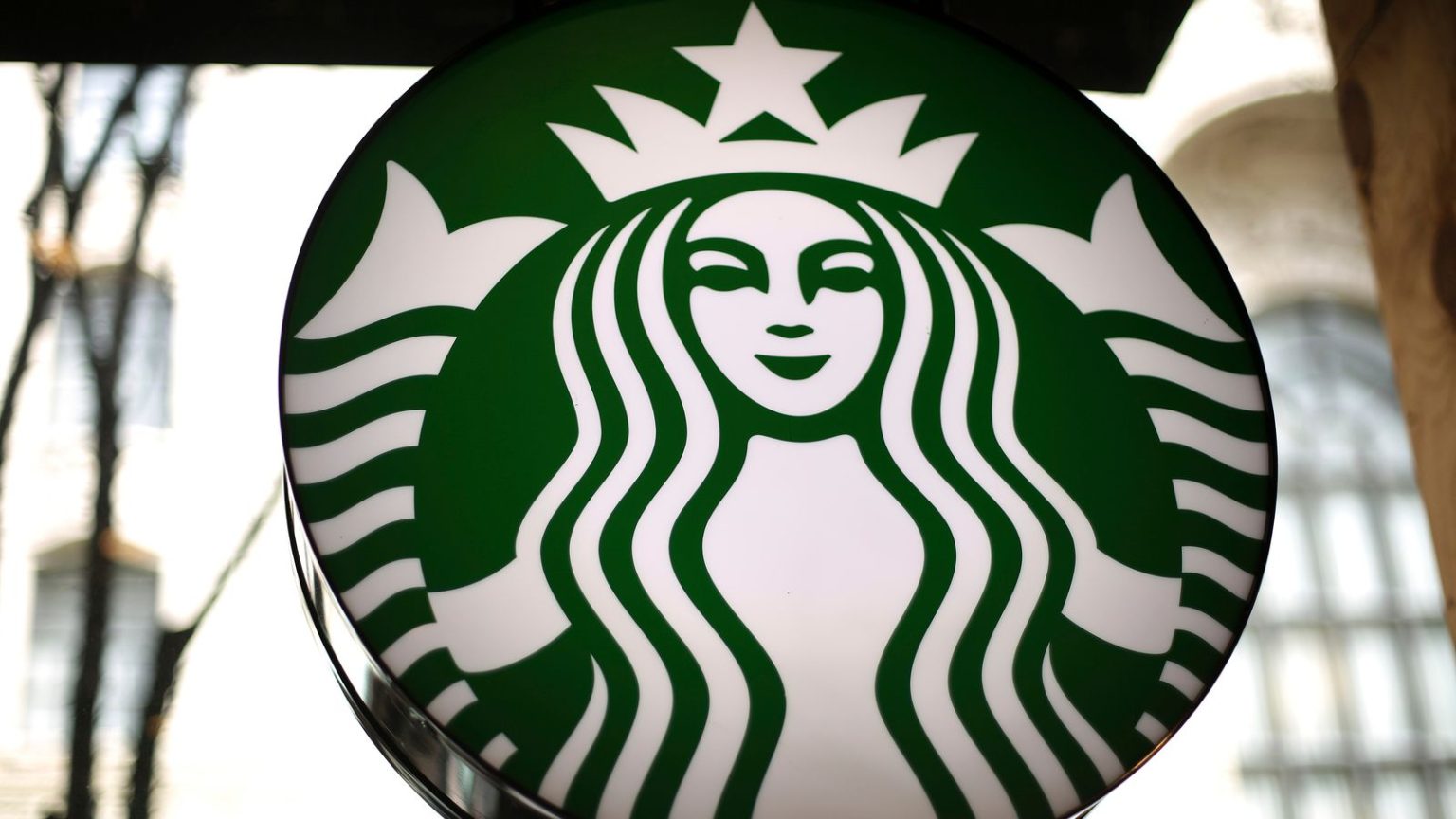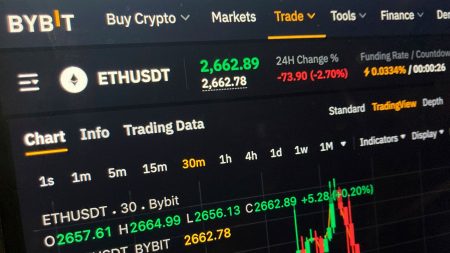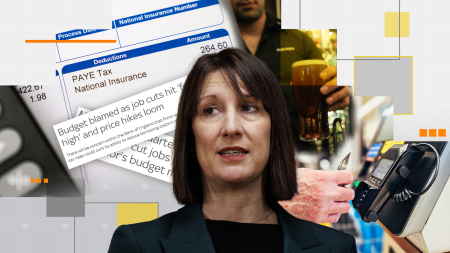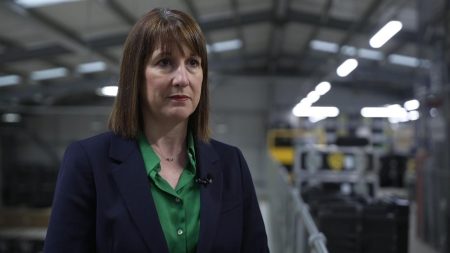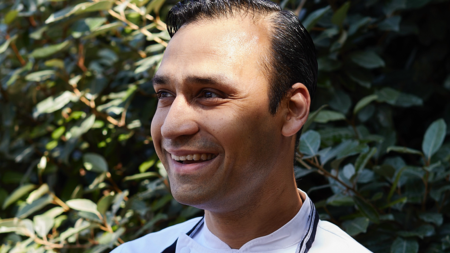Missouri’s Lawsuit Against Starbucks: Understanding the DEI Debate
1. The Lawsuit and Allegations Against Starbucks
In a recent legal move, the state of Missouri has filed a lawsuit against Starbucks, accusing the company of implementing Diversity, Equity, and Inclusion (DEI) policies that allegedly lead to discrimination. Missouri claims that Starbucks’ DEI practices, which include hiring quotas based on race and gender, have resulted in customers facing higher prices and longer wait times. The lawsuit suggests that these policies prioritize certain groups, potentially leading to less qualified candidates being hired over more skilled ones, thereby affecting service quality.
2. The Broader Movement Against DEI Policies
Missouri’s action is part of a larger trend in the U.S. where DEI initiatives are facing pushback, particularly from Republican-led efforts. The Trump administration has discouraged such policies in federal agencies, influencing some companies to follow suit. Recent examples include Goldman Sachs dropping a diversity requirement for board members, and Google and Amazon scaling back their DEI focus. This shift reflects a growing debate over the balance between promoting diversity and maintaining equal opportunity.
3. Starbucks’ DEI Policies and Response
Starbucks adopted its DEI policies in 2020, amid the heightened awareness of racial issues following the Black Lives Matter movement. The company aimed to foster an inclusive workplace, but Missouri argues that these policies have led to unfair treatment. Starbucks denies the allegations, emphasizing that their programs are lawful and designed to benefit all employees equally. The company defends its commitment to creating opportunities without discrimination.
4. Implications for Businesses and Consumers
The lawsuit raises questions about the impact of DEI policies on business operations and customer experience. While intended to promote fairness, these policies are criticized for potentially causing inefficiencies. For businesses, the challenge lies in maintaining diversity without perceptions of bias. Consumers, on the other hand, may notice changes in service quality or pricing, as Missouri suggests, prompting a broader discussion on the effectiveness of DEI initiatives.
5. The Future of DEI in Corporate America
As the debate over DEI policies continues, companies face tough decisions on how to approach diversity and inclusion. The current trend suggests a move away from rigid quotas, with some firms opting for more flexible approaches. The outcome of Missouri’s lawsuit against Starbucks could set a precedent, influencing how other companies structure their DEI practices. This case underscores the tension between promoting diversity and ensuring equal opportunity, highlighting the need for policies that balance both.
6. Conclusion: The Significance of the Debate
The lawsuit against Starbucks reflects a wider societal debate on diversity policies. While DEI initiatives aim to address historical inequalities, critics argue they can lead to unintended biases. The challenge lies in creating an inclusive environment without compromising fairness or efficiency. As this case unfolds, it may shape the future of DEI in Corporate America, emphasizing the need for policies that are both equitable and effective. The debate serves as a reminder of the complexities involved in fostering inclusivity in today’s business landscape.





